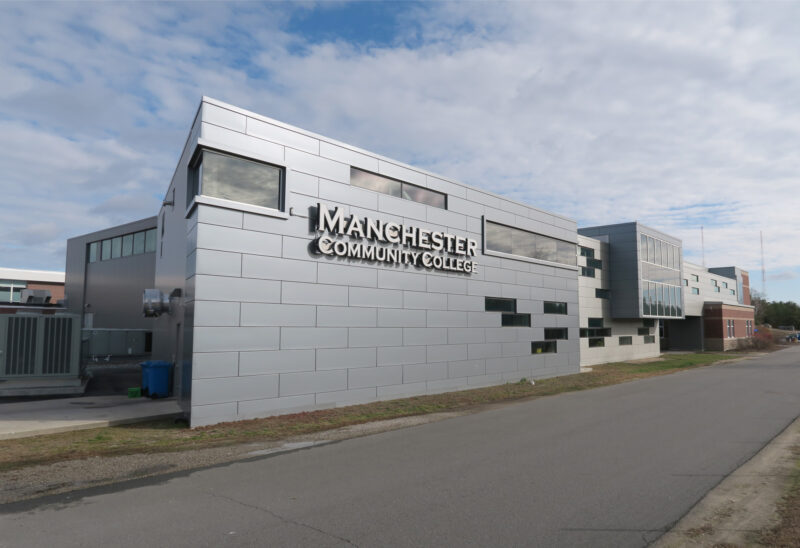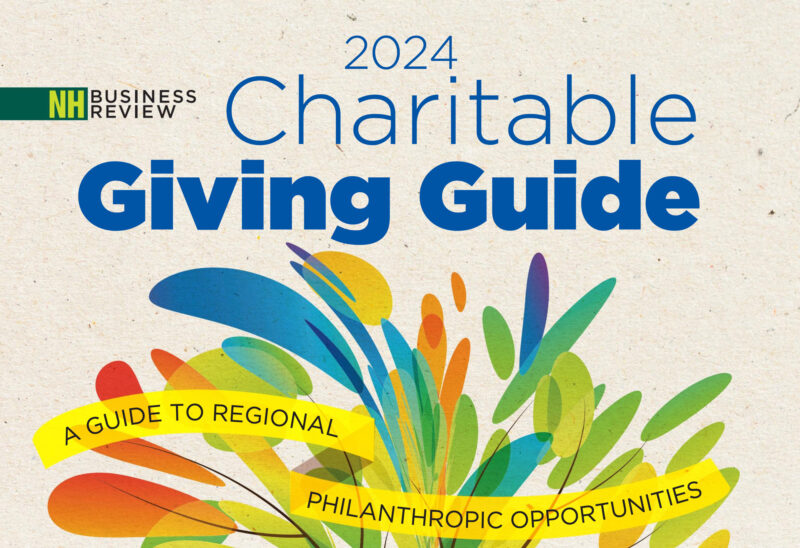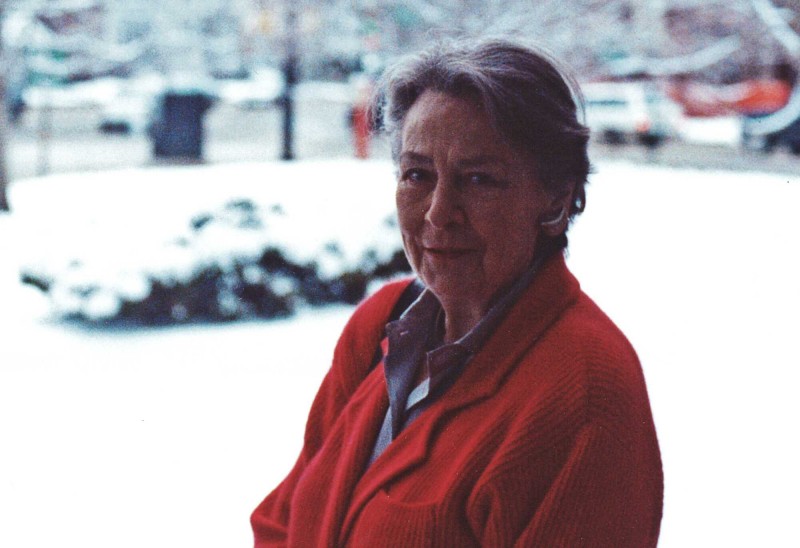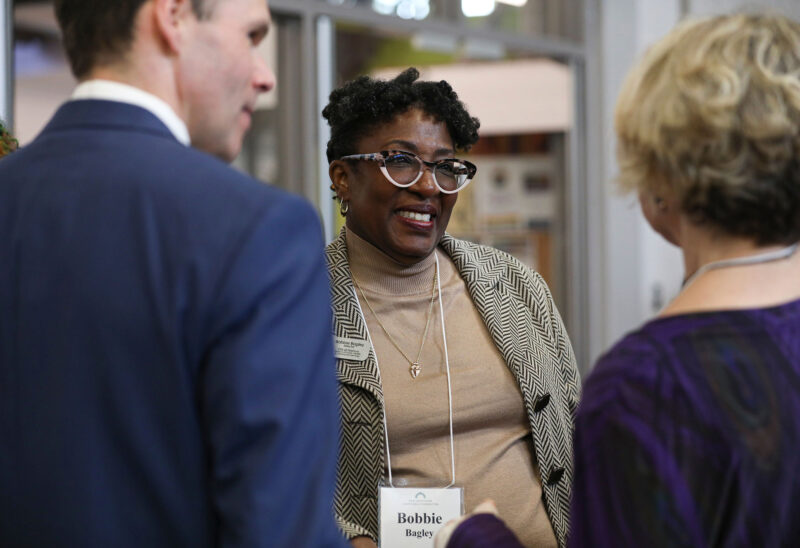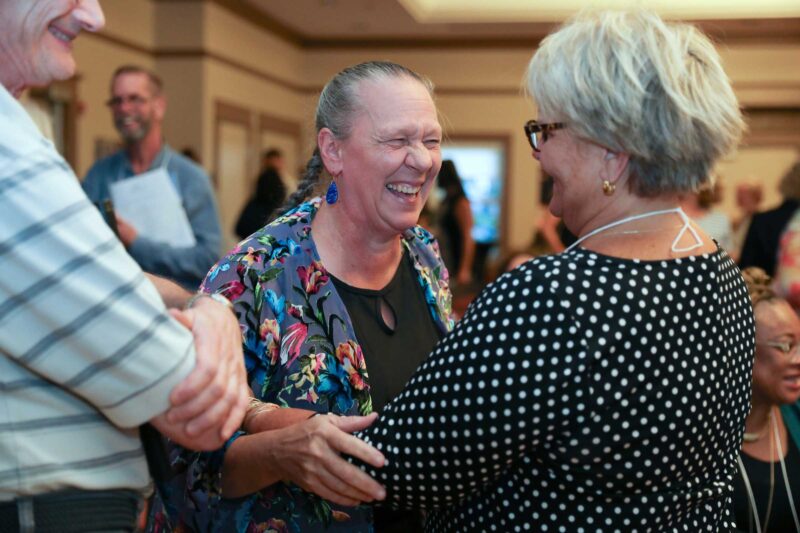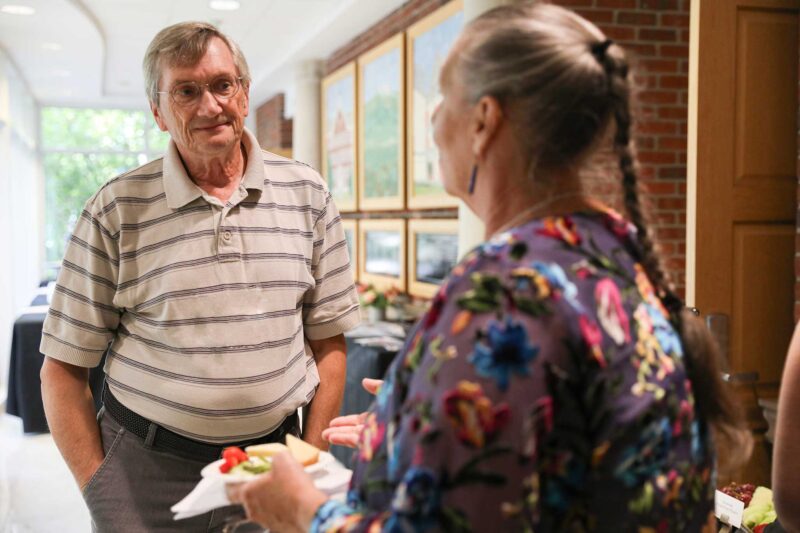Ben Amsden joined the Charitable Foundation in August, as Senior Program Officer for the North Country and Lakes regions. He is the former director of the Center for Rural Partnerships at Plymouth State University, where he was also a research associate professor of social science. He lives with his family in Holderness. He talked with Foundation senior writer Lois Shea.
Update, 6/22: Ben’s work now encompasses the Upper Valley region as well.
I am always interested in the incredibly varied backgrounds that people bring to community foundation work. So we now have a sociologist on staff, which is just cool. How does that background inform your work here?
I think one of the things that drew me to community foundation work is the applied nature of working with organizations and bringing good ideas to light. Rural sociology is kind of an applied sub-field of sociology that includes things like agriculture, resource management and community development that are all about making change happen on the ground. So that is what brought me to this work: being able to make good things happen and have outcomes that you can see and feel and measure.
I am excited to be working with organizations again. I really enjoy work out in the field, and the opportunity to do that in a community foundation setting is super exciting for me.
You did a PhD. in Rural Sociology. So you must have studied rural communities – tell me a story about one of them.
I did my dissertation research in Seward, Alaska, which is a gateway community for a national park and national forest. It was really interesting to spend time there and study the sense of place of community members. We handed out disposable cameras and would say “Go fill this up with photos of what you think is important about this place, what is meaningful to you, what you would miss most if you moved away.” And then you would sit and people would tell you the story behind each photo. Everybody has sort of an idea about what Alaska is, but in a community people get connected to all sorts of stuff. I got pictures of the super market, the post office. When I asked about the post office, the person said, “This place is important to me because I know the postmaster and we have a conversation every day when I go in to get my mail.” Here we are in Alaska and we expected pictures of the ocean and the mountains and the scenery, and we got that as well, but what was really interesting was just the idea that a sense of place is built on all sorts of things.
We all choose this place, whether we were born here and continue to choose it, or we came from elsewhere. What is your “why New Hampshire” story?
I grew up in Vermont, and we came here as a result of opportunity. My wife got a job offer at Plymouth State University. My continuing “Why New Hampshire” story is seeing my kids develop a sense of place for New Hampshire. They identify as being from New Hampshire, and they’re learning all this New Hampshire history.
In your role at the Center for Rural Partnerships at Plymouth State, you did a lot of work and thinking about tourism. New Hampshire struggles to find its market niche, wedged here between Vermont’s pastoral cow-ness and Maine’s coast and lobsters. What space do you think New Hampshire should carve out for itself?
There is a little bit of everything in New Hampshire. If you want to do big mountain exploration, you can do that. You can go hiking and skiing. You can ride the ATV trails in the North Country. You can spend time on the seacoast. You can do urban things in the cities. If you want to engage with rural communities, I think about farmers’ markets or the Sandwich Fair. What’s neat about New Hampshire is that you can do pretty much everything here. You could come here five different times and have five different tourism experiences.
What is your quintessentially perfect New Hampshire day?
It depends on time of year. Both my kids are all-in with skiing and snowboarding, so in the wintertime it would involve a day at Bretton Woods. In summer, living in Holderness, one of the perks is the town beach on Squam Lake. The other day, we hiked up Mt. Tecumseh in the morning and then we were on the lake in the afternoon. That’s pretty cool.
What are you reading that you would recommend?
Nudge, by Richard Thaler – it is about this intersection of psychology and economics, and about how humans don’t always make the best, or most rational, decisions. We are emotional beings. We do things based on experience or based on interactions with others that might not be in our best interest. Behavioral economics is really interesting. So, as people who want to improve our communities, our state, region and country, how do we do that work in light of the fact that people act in complicated ways?
Your first name, Benoni, struck me as so interesting that I had to ask. (I had assumed that “Ben” was short for “Benjamin.”) Is there a story behind your name?
It’s my great-great-grandfather’s name. It’s one of the more obscure biblical names.
Tell me something people would not know about you from reading your LinkedIn profile?
One of my hobbies is restoring old stereo equipment. Turntables, cd players, things that are obsolete by today’s standards. It’s interesting to see how these things work but also to think about how the ways we entertain ourselves and engage with each other have changed. And it’s good knowing that I’ve kept something from ending up in the landfill!

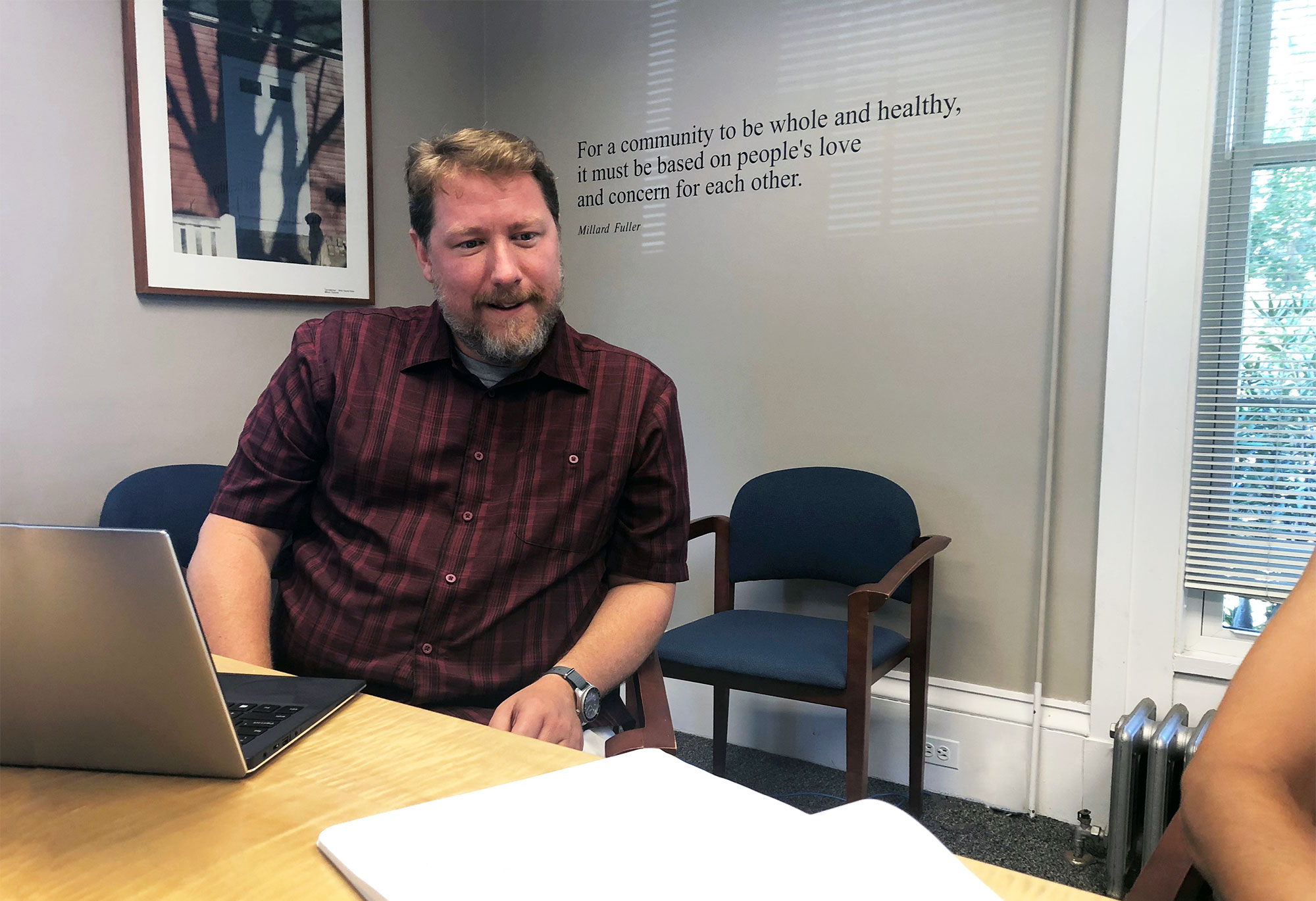








![Rev. Heidi Carrington Heath joined Seacoast Outright. [Photo by Cheryl Senter]](https://www.nhcf.org/wp-content/uploads/2024/05/Heidi-Carrington-Thumbnail-800x548.jpg)
![Dr. Jennie Hennigar treats a patient at the Tamworth Dental Center [Photo by Cheryl Senter]](https://www.nhcf.org/wp-content/uploads/2024/05/TCCAP-Hero-800x548.jpg)

